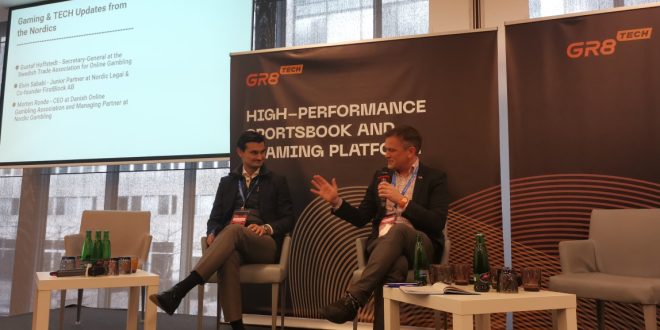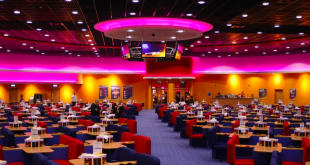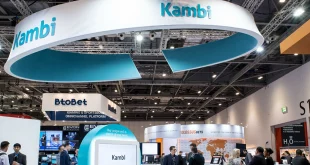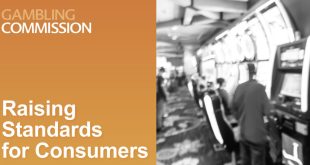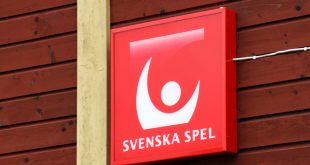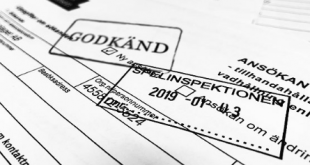Recent gambling developments in the Nordics have painted the region as a market that is currently undergoing a significant transformation accommodating new compliance measures and tougher supervision of licences, whilst individual governments revise market frameworks.
As stands, Sweden, Denmark, Finland and Norway appear to be moving away from traditionally state-owned gambling monopolies in favour of privatised competition. Yet no guarantees can be made in how Nordic government’s will reform the terms of play of individual markets
Such adjustments have undoubtedly piqued the interest of investors and stakeholders across Europe, putting the Nordics on the agenda of widespread discussions – one of which took place in Prague, Czech Republic, which SBC was exclusively invited to attend.
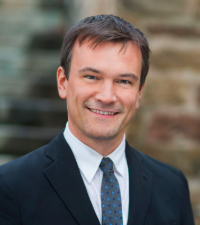
Media and events company Hipther handed over its stage at the Prague Gaming & Tech Summit to a panel duo specialising in the Nordics to give the audience a bird’s eye view of where the market could be heading.
Both Elvin Sababi, Junior Partner at Nordic Legal, and Gustaf Hoffstedt, Secretary-General of the Swedish Trade Association for Online Gambling (BOS), were equal in their opinions that the Nordics is quickly finding its place as a strict but liberal gambling market – with the transformation certainly being led by Sweden.
In Sweden, Hoffstedt explained, two-thirds of the market has been opened up for competition. This mainly includes sports betting and online casino, with the remaining one-third represented by a state-owned monopoly on lotteries. Combined, the Swedish gambling market is evaluated at around €3bn annually, with each Swede spending approximately €300, or 1% of their disposable income, on gambling products each year.
The Swedish market itself re-regulated back in 2019, with the Swedish Gambling Authority Spelinspektionen gradually taking a tougher stance against operators found to be infringing local regulations which the regional market is currently under.
This stringent approach seems to have been adapted equally for everyone, as evidenced by the recent fine issued to the state operator Svenska Spel over consumer duty shortcomings.
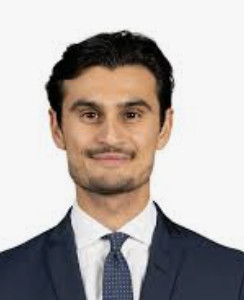
“Previously there has been some concern among other operators that state operators are not scrutinised the same as non-state operators, those who operate on the free market,” Sababi said. “But actually, they are trying to treat every licence holder the same regardless of whether it’s state-owned or not.
“Even in the decision concerning the Svenska Spel fine, the language used towards the operator was quite harsh.”
Hoffstedt also reminded that there were additional safeguards introduced to further strengthen the foundations of the Swedish market with the proposed tax rate increase from 18% to 22%.
While it remains to be seen how this will affect the market’s channelisation in the long run, both experts agreed that while there is no ‘gold standard’, 22% will still allow a healthy competitive industry powered by Sweden’s strong player base – giving the country’s licensing system leverage over the nearly 30% taxation in neighbouring Denmark and the Netherlands.
